Yes, Extensions Are Totally Fine—Why It Might Be A Smart Move For You
Filing an extension isn’t failure. In fact, it might be your smartest move.
Let’s get one thing straight: filing a tax extension is not bad. It doesn’t increase your risk of an audit. It doesn’t mean something went wrong. And it doesn’t mean you’re behind.
In fact, at Trail CPA, we often recommend filing an extension—not as a backup plan, but as a proactive strategy to protect your time, your sanity, and your bottom line.
Why Filing an Extension Can Be a Smart Move
Here’s why we support extensions—and why you might want one this year:
1. More Time = Better Accuracy
Whether you’re waiting on 1099s, K-1s, business bookkeeping, or just time to organize your documents, an extension gives you the space to file accurately—not just quickly. Mistakes are far more expensive than extensions.
2. Life Happens
New baby? Team transitions? Business growth? Moving?
If life is full right now, forcing yourself to hit the April deadline can do more harm than good. We’d rather file an extension and help you submit a clean, complete return.
3. Planning Opportunities Don’t End in April
Filing later can give you more time to:
Fund SEP IRAs or Solo 401(k)s
Strategize around cash flow
Evaluate your business numbers more clearly
Some tax moves can still be made after April—but only if you’ve filed an extension
But Don’t Wait to Talk About It
The key to making an extension work for you—not against you—is raising your hand early.
If you think you might need an extension:
Let us know now so we can plan for it
We’ll make sure your extension is filed on time
We’ll work with you to finalize your return well before the extended deadline
Filing an extension last-minute because your documents didn’t come together in time? Stressful.
Filing an extension intentionally, with a plan and breathing room? Smart.
So, Should You Extend This Year?
If you’re not sure, let’s talk about it. At Trail CPA, we want tax season to feel proactive—not reactive.
And remember: an extension gives you more time to file—not more time to pay. We’ll help you estimate any payments due by April 15, even if we’re filing your return later.
Schedule a check-in here
We’ll help you decide what makes the most sense for you and your business—then build a timeline that works.



